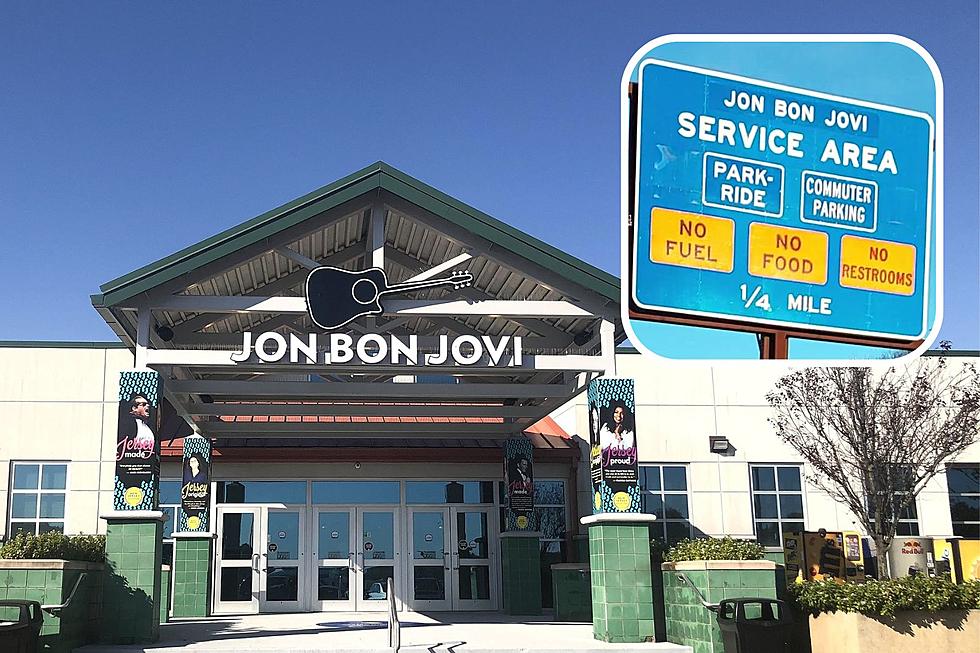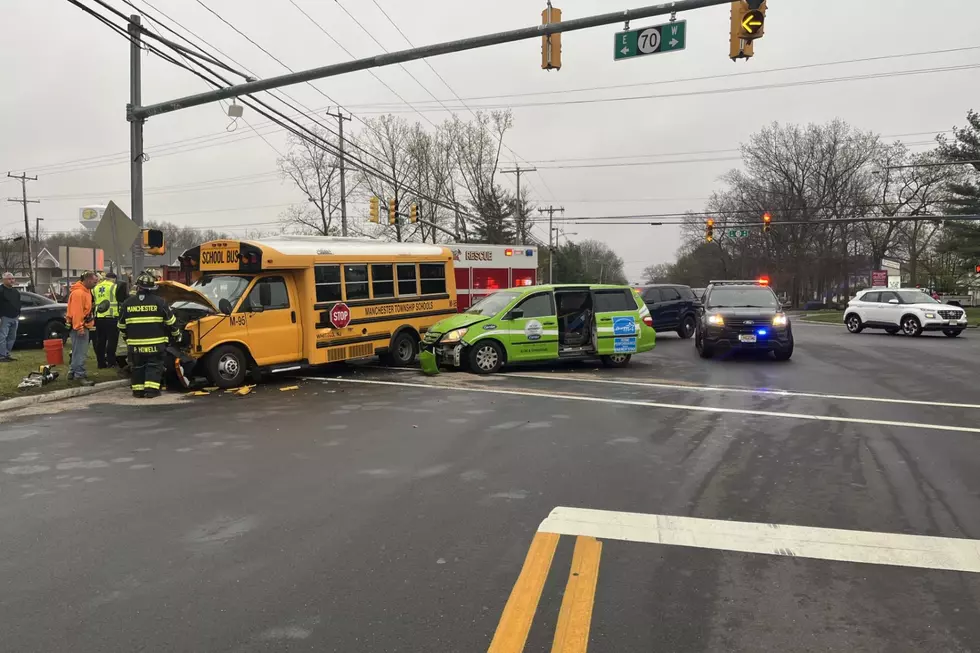![NJ Turnpike Most Profitable Toll Road in the US – Does it Pay to Avoid it? [POLL]](http://townsquare.media/site/385/files/2013/07/njtp-7a-300x204.jpg?w=980&q=75)
NJ Turnpike Most Profitable Toll Road in the US – Does it Pay to Avoid it? [POLL]
Take a look at your EZ Pass bill and tell me the number of trips you’ve taken on the Turnpike, and how much they cost.
And then you say to yourself, “…geez, where the hell does all that money go?”
If you were to listen to the Turnpike authorities, they’d tell you the money goes into capitol improvements: like the widening of the Turnpike between Interchanges 9 and 6 and all that.
But that still doesn’t wash with you, having to take the Turnpike every day.
In fact, back when the Turnpike was opened in 1951, the road was said to have paid for itself in a matter of a few years.
No one ever said it would take this long! And seeing is how we're talking about 62 years now, don't you think the road would have been paid off by now?
You know that the road, once built and "paid for" supports a bureaucracy; but that never gets address when talking about the road's profitability.
It's almost like a slap in the face to the daily commuter to hear how "profitable" the road is. Where does the profit go?
More importantly, does it pay to avoid the Turnpike; and how do you?
The New Jersey Turnpike Authority collected $992 million in tolls last year, making it the most profitable toll road in the nation, according to the toll industry newsletter “Toll Roads News.”
Second was the Pennsylvania Turnpike, which collected $781 million in tolls in 2012.
The Garden State Parkway was listed sixth on the list with $402 million in toll revenue collected last year.
The Turnpike’s operating expenses were $378 million and the authority had a cash flow of $614 million, according to the industry newsletter.
Turnpike authority spokesman Thomas Fenney told NJ.com the Turnpike cannot be characterized as profitable.
"The Turnpike and Parkway both rank among the top 5 busiest toll roads in North America. High volume means high revenue," Feeney said, adding that the Turnpike is in the midst of a $7 billion capital investment program.
"Those investments - like the Turnpike widening between interchanges 6 and 9 - are funded by bond issues," he said. "Most of the money collected in tolls on the Turnpike and Parkway goes toward repaying those bonds."
Feeney added: "But that expense, nearly $600 million last year, is not even mentioned in the Toll Roads News analysis. That's like writing a story about a family budget and leaving out the car and mortgage payments."
APP.com reported the Toll Roads News analysis confirmed what officials at the Turnpike Authority have said for the past year, that revenues have increased, despite a decline in traffic, largely due to the January 2012 toll increase.
In January, authority officials reported a 4.3 percent decline in traffic on the turnpike, but a toll revenue increase of 47.3 percent for the 12 months between December 2011 and December 2012.
Leading one to believe that drivers are avoiding it like the plague.
But if so, does it really pay, and how are you avoiding it?
Such as using 295 through South Jersey. Or perhaps 130 or even Route 1 through Middlesex and Mercer Counties.
Or maybe even, shudder to think, using 1 and 9 through Elizabeth, Linden, and Avenel…if you can avoid the red light camera traps in Linden and Avenel.
So, you tell me.
Given the high tolls on the Turnpike, does it pay to avoid it?
More From New Jersey 101.5 FM









